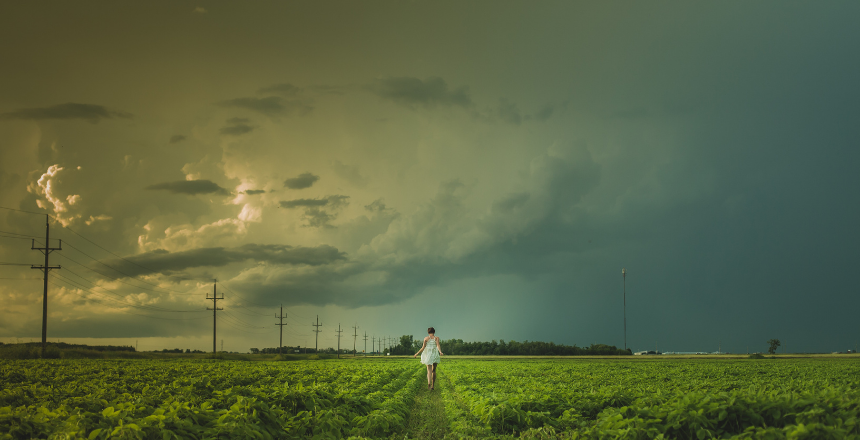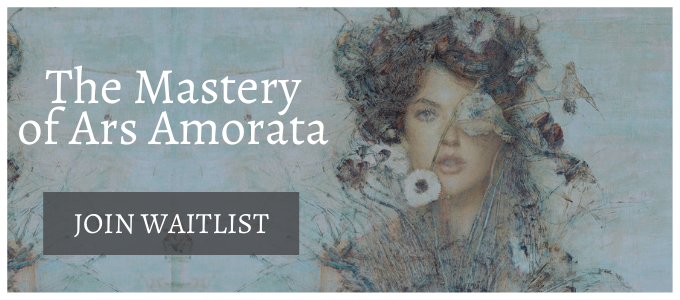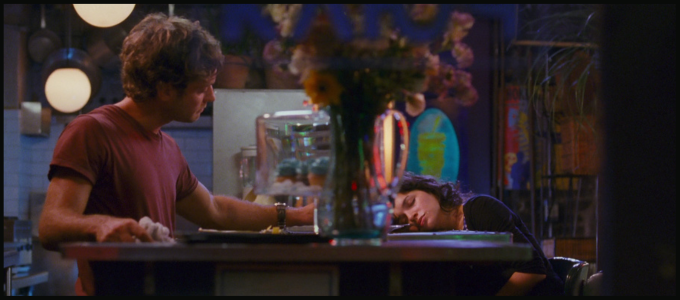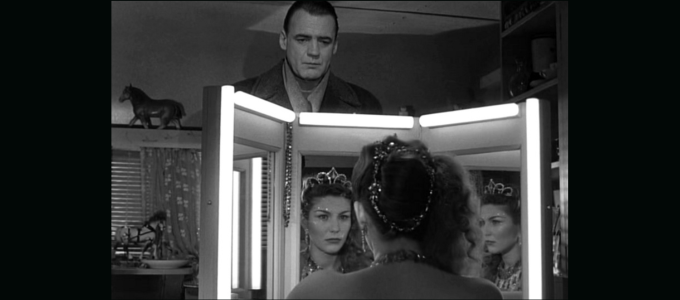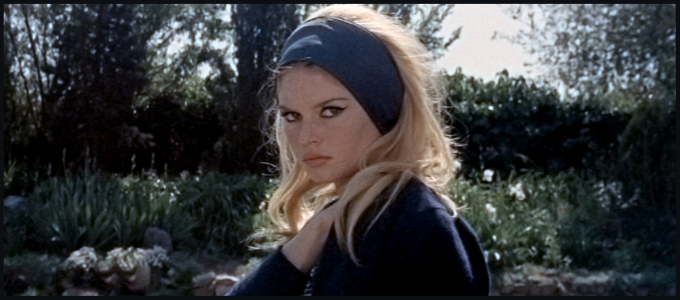I started to “meditate on death” because a few wise mentors said it’d be a good practice. At first I didn’t really know how to do it. I read books, some of them heavy, some of them recommended by Zan. Each morning, as I did my ritual, I’d try to think of what I’d die for, of what my legacy should be, of what I’m a living sacrifice to defend. But all of my attempts, quite predictably, were in vain. Any concrete answer about my “purpose” evaded me. Strongly. And the extra “thrust” for life I so ardently sought never seemed to arrive.
It’s amazing, this deep-seated human mechanism that has us avoid facing the certitude of our deaths. I was once kidnapped at gunpoint and held hostage by a mob of coke-fuelled gangsters, but even blindfolded and handcuffed by the wrists and by the ankles and with a pistol in my throat, never could I believe I might actually die. Now imagine this: even on the other side of my fortunate survival, in the relief and excitement of having life handed back to me, physically unharmed, neither did I ever seem to live full-out on the lucky side of this frightening misadventure. Near-death experiences were meant to galvanise life, I thought, yet I’d continue to wander the earth still crippled by a pervasive inner sense of unworthiness, not showing up where it mattered, living life on low-hue.
A few months later, still without consciousness of death yet ardently craving life, I took three boats from Leticia and into the Colombian jungle, each boat smaller than the last, and I clamoured through the Amazonian undergrowth in search of an authentic shaman. Having succeeded, I perused Don Rogelio’s gardens by day and laid back in his medicine shack at night, taking a double-dose of ayahuasca and falling into the pits of hell. The darkest corner of my journey? I had the chance to “switch off”. That’s to say, from the murky depths of my psychedelic stupor, I found myself presented with an “on/off” switch to life, and feeling complete indifference at the possibility of choosing either, I meekly switched “on”. Not because I had any personal reason to live for myself, but because it would be too much of a sadness for my parents to lose me at the behest of a fucking plant. Even at the bottom of a hallucinogenic hell-ride, bathing in the wisdom of nature, reason for living still evaded me, and facing death still failed to stir a reaction. Denial of death is a potent force.
But those two instances happened in the days before I could look at life with more clarity. Someplace between my early twenties and early thirties something happened —Fundamentals?— that had me start to value life. Perhaps it was authentically loving and being loved that had me wake up to the preciousness of it all. Nowadays, I realise that when we sit in a big question, life conspires to bring us answers. And as I age, I finally find myself in circumstances where I can feel the certainty of death, and with it the passion for life, slowly start to trickle through my veins. Every time I’ve loved and been loved I’ve felt more acutely my sheer passion for life. Every time I’ve meditated on death I’ve slowly added a little bit more urgency —and immediacy — to living; to living today. Every breathing leaf or tree I gaze upon as I look out of the window beside me is rotting away. Time is running out.
But what’s the benefit of becoming more intimate with death? Since my mentor’s words were merely words, and since even facing physical death (with a gun rammed down one’s throat) might not even be enough to rouse a human from his slumber, I can only speak of my more recent experience. I’m starting to befriend death. I’m starting to think of him more frequently. And the more I consider the kind of departure I want for myself, the clearer (and more brilliant) my present-day life becomes. I mean, it’s hard to stay reactive and resentful when I sit in the question of my own death. It’s hard to waste my time doing things I’m not passionate about when I linger in the feeling of what my final days might be like.
When my girl and I left Thailand in March, we acknowledged how that period in time, the halcyon days of our first six weeks together, had deceased, and how we’d never again feel the texture of our romance, with all the desperation of our mutual uncertainty, quite as we felt it during those breathtaking days. On the verge of tears in the departure lounge of Chiang Mai airport, I uttered the deadly phrase, “if we never see each other again…”, and at that moment in time, neither of us could even fathom the devastation we’d feel if our love were to vanish at this point. We fell into a joint puddle of desolation on the floor. We kissed with fervent abandon. Her hair became knotted, matted with her crying. I barely breathed for a matter of minutes. Hearts broke open. The Thai airport staff didn’t quite know how to handle us, for public displays of affection are not part of this local culture. They looked downwards, sidewards and secretly smiled, having seen something they’d only see otherwise in a movie. I had cried at airports before, saying goodbye to a love I’d never see again. But this time I broke open at the emotion. Whether we’d see each other again or not, there was a subtle mourning that laced this moment and the days that followed; a mourning that the six-week love story of our lives had been effectively consigned to the past, only to be replayed in memory, never in flesh. Look deeply enough into any true love story, and there is always a pervasive mourning that the defining moments of the lover’s lives are being effectively consigned to the past.
When my girl and I left Bali, mid-May, again we grieved the loss of the fledgling weeks of our relationship. I dodged a security guard at the X-ray machines and made it with her as far as passport control, kissing and crying and internally dying, stroking her again-matted hair behind her little ear. This time, while we were confident our love would continue, and so we opened just a little less in emotion as we did in Chiang Mai, never again would we ride my bike through the green rice fields of that Indonesian Island, under the rainbows of a paradise who bade farewell to its own rainy season. Never again would we eat together at the same roadside warungs, stopping to speak with the monkeys, taking selfies with the red-clay statues, eating fried eggs on fried rice. Never again would we retire at night to our cozy, home-like restaurants, or reach ecstasy in that particular kind of vulnerable love-making under the sticky mosquito nets, or anxiously fight that fighting that’s fuelled by the underlying uncertainty one suffers as they open to love, but fear never making it as a couple. They were days lived fully, we recognised, days we would most love to repeat. But “never go back,” the saying goes. No “same same” next time. Because, as any true adult knows, if we ever did go back to Bali, perhaps we’d be busier, more jaded, more withered.
And in a haze just a little thicker than invisible, the grim reaper stood with his scythe, in the corridors of Denpasar International.
Now don’t get the wrong picture, gentlemen, our relationship is not exactly a living funeral! It’s just that no emotion, no texture of our love story, creeps by suppressed. No passage of our life together is allowed to pass by unvalued. In this way we love. We’re living dying, partying in a house that’s forever burning down. And in this way we try our best to love. I told my girl last night that I was writing this post about love and death, the house incidentally aglow in the burning of candles, and she cried. So in love with my soul, she cried. She cried for she could so easily see my soul, whatever on earth that actually means, and she cried for she doesn’t have certainty either — nor could she ever — that we are meant to last for any bankable period of time. As I spent my days attempting to write the series of posts you’re reading now, my whole consciousness dropped into what’s of deepest meaning to me. Consequently in our relationship, as awareness of what’s most important grew, the built-up armours of our daily lives crumbled once more and our intimacy became, once again, more delicate, more precious, more ecstatic. This all happened this week.
The more intimate with death I become (and I admit, I still know death little), the more life filters through in a brilliant, luminous anguish. As I become more present and more grateful for the beauty that surrounds me, I also start to see that every encounter with beauty is also a living tragedy. I mean, how could it not be?
I’ve come to see that when we love full-out, saying goodbye is as tough as it gets. And I’ve also come to see that becoming aligned with the reason of our existence — living our purpose as they say, or living our *own* beauty as I now say — is certainly not a high-flying, fist-pumping affair. Touching the sublime comes with a devastating sadness. As Jeff Buckley famously sang, it’s “not a victory march. It’s a cold and it’s a broken Hallelujah.”
“The reason beauty can make us sad is because what it hints at is the exception; it’s because what it hints at is the ideal”, says Alain de Botton. It hints at an ideal which is almost permanently-and-forever out of reach. So how must it feel to watch as we allow beauty to slip from our fingers?
“The elegant warrior understands through his bones that love and devastation are not two,” says Rob McNamara. “There is no division, gap or separation between the heart’s radical devastation and the greatest joys the human heart is likely to ever know.” So will our death be anything different from our greatest ever act of love?
Bukowski wrote that “sex is kicking death in the ass while singing.” So before we all fall into a collective depression, let’s thank God He gave us some relief 🙂
Every time I’ve found myself in the pits of heartbreak, I’ve attracted waves of sympathy as well as the ubiquitous response: “you’ll get over it.” I’m told I’ll heal, that I’ll get better, that next time I’ll for sure find the love that *completes me*. As if! My response nowadays? Why would I ever want to get over a heart being broken open? Why would I ever want to forget or reduce a moment of maximum ‘life lived’? Why would I ever want to quash the sadness of the greatest adventure of my life coming to an end? There is ecstasy in the anguish! If anything, can I be prized open a little more, please?! The sadness of our continual loss and the devastation of our impending demise are the heart-wrenching indicators that let us know we’re alive. And, oh! Don’t we all long to live?!
We are all going to die. But are we all going to live?
I try to think more about what it means to live each and every day.
“All beautiful things must end, otherwise they are not beautiful.”
Through meditating on death, I’ve come to realise that the more I deny and forget the sure demise of everything I hold dear is where I start to slip towards mediocrity.
“These are the days of our lives.”
And I read this sentence to my girl, our faces awash now with tears, and I kiss her on the lips. I kiss her deeply on the lips as the remembrance of our sure goodbye courses through our bodies and throughout the space between us. And in this way we embrace.
* * *

